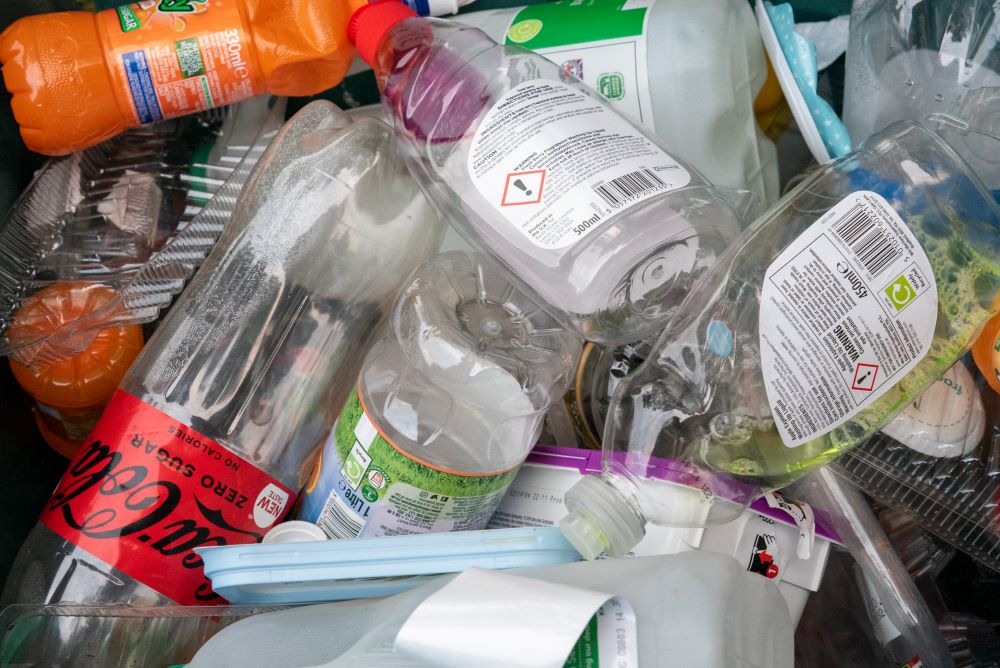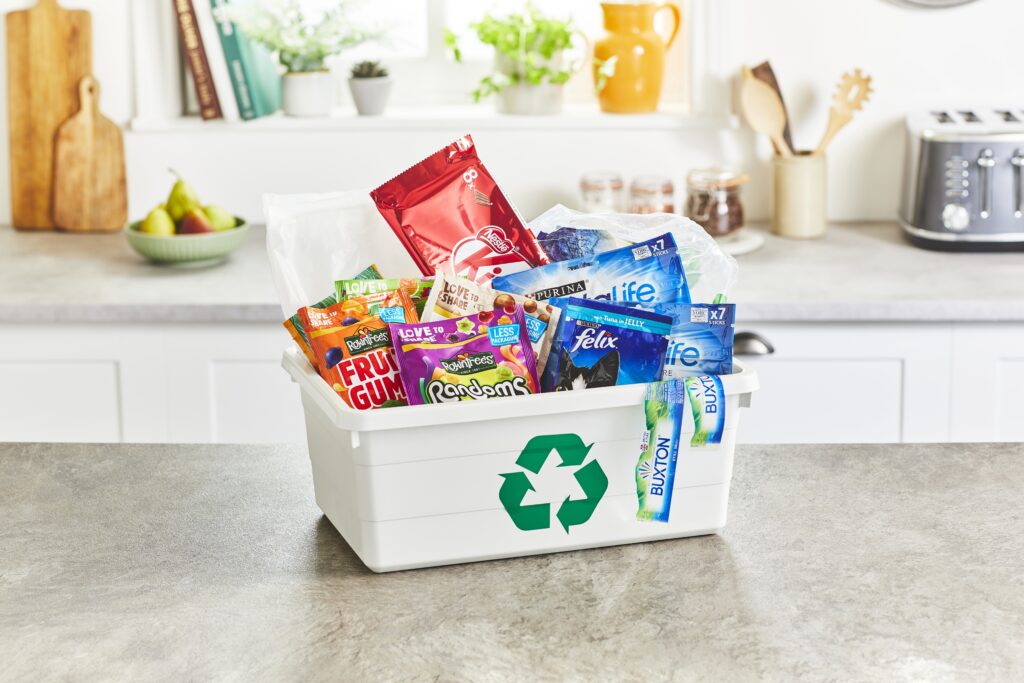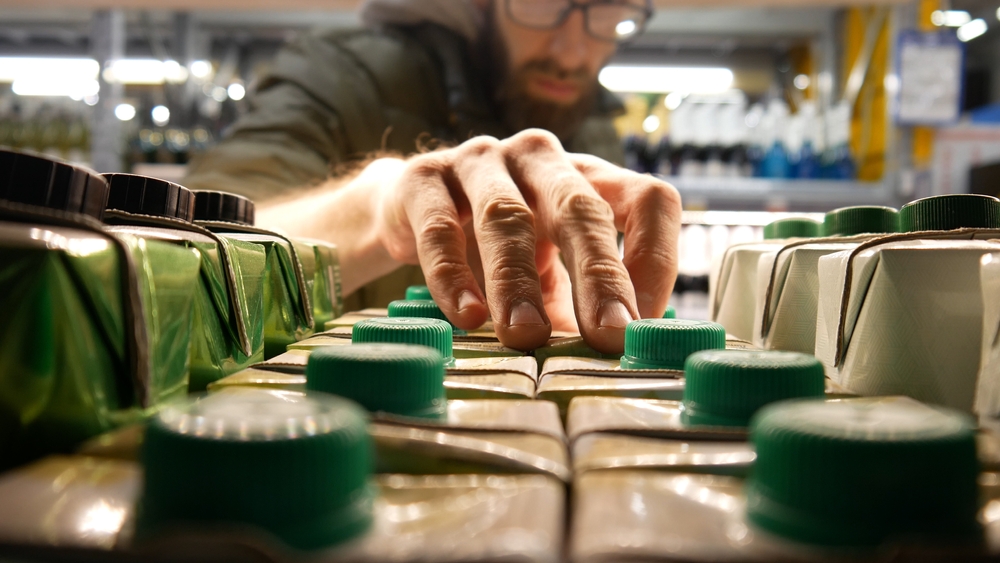The scheme sees German consumers paying a deposit on non-reusable “one-way” beverage products that they can claim back when returning the waste packaging to the point of sale.
According to the European Commission, because the system does not allow consumers in Germany to return the packaging to any retail outlet, it breaks EU free trade rules. Forcing consumers to take back their waste cans and cartons to certain stores discriminates against those types of packaging, it said.
In terms of free trade across European borders, the German deposit scheme particularly discriminated against imported beverages, the Commission said, because 95% of imported beverages were in one-way packaging.
Unless Germany changes the system to introduce a national return scheme for the packaging, allowing the return of packaging in any point of sale, the Commission will take legal action in the European Court of Justice.
Infringement
Announcing the move, outgoing environment commissioner Margot Wallstrom said the decision to take legal action had been made because Germany's deposit scheme was a “very serious infringement”.
But, she said: “We have given Germany a three-month opportunity to meet our concerns before the decision is executed, because we recognise the considerable efforts undertaken by the German authorities in recent weeks to redress the situation.”
Germany first introduced its Packaging Law in 1998, bringing in a deposit of 25 or 50 cents (depending on the size of the beverage) on one-way drinks packaging if the market share of re-usable drinks packaging was consistently below a 72% level.
The deposit scheme came into force in January 2003 for mineral waters, beer and carbonated soft drinks and in September 2004 for fruit juices and non-carbonated soft drinks.
The aim of the scheme was to minimise waste and encourage consumers to take back waste packaging to be recycled. However, the scheme has seen consumers switching to drinks in re-usable packaging, which has a lower deposit – about eight cents. Packaging recycling organisation DSD said it had actually led to a 300,000 tonne decrease in the amount of packaging recycling last year. The scheme has also cost one-way packaging manufacturers millions in lost revenues (see letsrecycle.com story).
Island Solutions
Germany has been working on “island solutions” to the problems surrounding the scheme, with some manufacturers making distinctive packaging for certain retail chains to make it clear where consumers are to take back their packaging waste.
However, the European Commission said this system was only of “limited” effectiveness and that the different take-back systems were not compatible with one another – and meant sales of imported beverages “have been hindered”.
Ms Wallstrom said: “It is our sincere hope that the situation can be resolved to the benefit of consumers, drinks manufacturers and the environment without the need for the Commission to actually refer the case to the Court.”











Subscribe for free